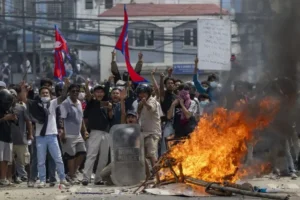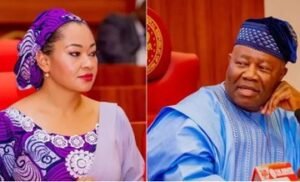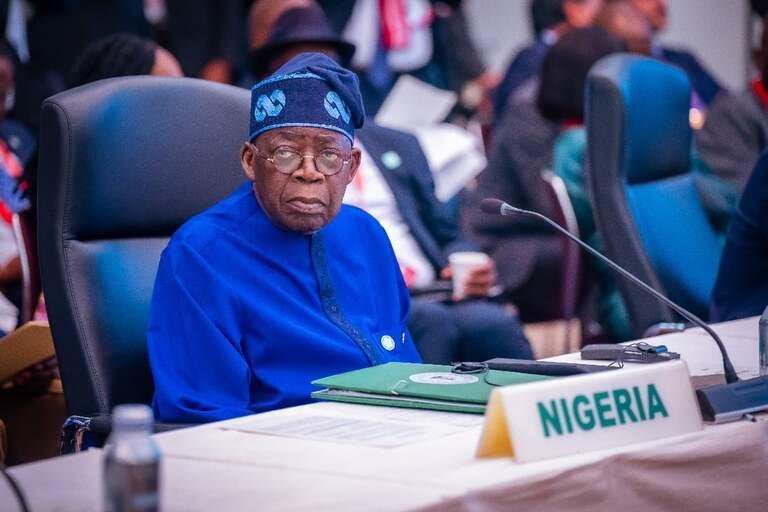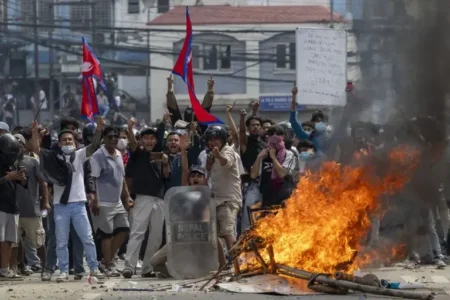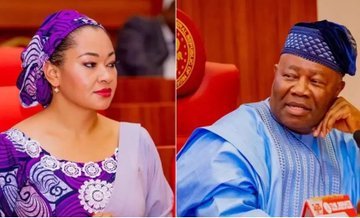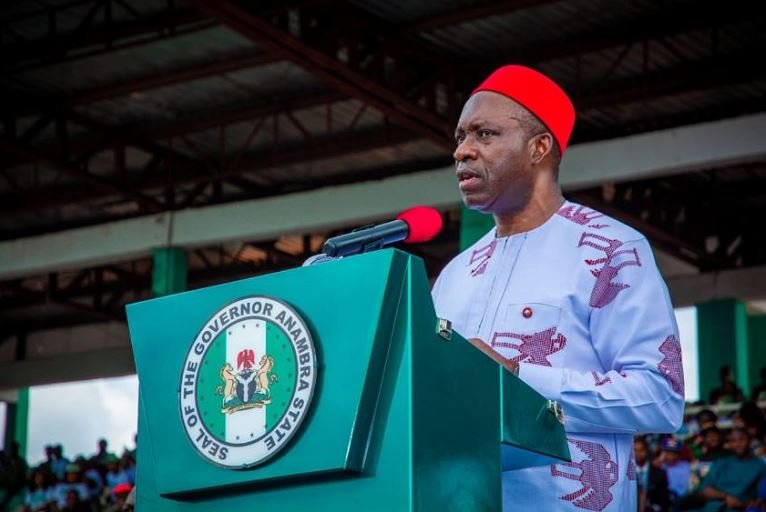Socio-Economic Rights and Accountability Project (SERAP) has called on President Bola Tinubu to order the State Security Service (DSS) to withdraw threats to ban social media platform X, over comments made by activist, Omoyele Sowore.
The DSS had reportedly implied that it could move against X after Sowore posted a tweet. SERAP warned that such action would amount to “collective punishment” and would severely restrict citizens’ freedom of expression and access to information.
“The threat against X if carried out would have a chilling effect on the exercise of Nigerians’ rights to freedom of expression, media freedom and access to information online,” SERAP said in a statement.
Citing a ruling by the ECOWAS Court of Justice which recognised access to Twitter as a fundamental human right, SERAP said Nigerian authorities were legally obliged to respect constitutional and international guarantees of free expression.
Section 39 of the Nigerian Constitution, Article 9 of the African Charter on Human and Peoples’ Rights, and Article 19 of the International Covenant on Civil and Political Rights all protect freedom of expression, the group noted.
-
SERAP drags RMAFC to court over proposed salary hike for politicians
-
Sowore’s legal team slams DSS for ‘unconstitutional’ censorship attempt
“The DSS should stop pressuring X to censor online content, in violation of privacy, freedom of expression, media freedom, and access to information. We’ll see the administration in court if the threat is not immediately withdrawn,” SERAP said.
The organisation compared the DSS stance to the 2021 suspension of Twitter by former president Muhammadu Buhari’s administration. The ECOWAS Court later declared that suspension unlawful and ordered the government not to repeat it.
SERAP argued that any restrictions on online speech must meet strict requirements of legality, necessity, proportionality and legitimacy under both Nigerian and international law. It added that the UN Human Rights Committee had made clear that public officials are “legitimately subject to criticism and political opposition.”
“Nigerian authorities cannot use repressive and non-human rights compliant laws to restrict Nigerians’ human rights offline and online,” the group warned
